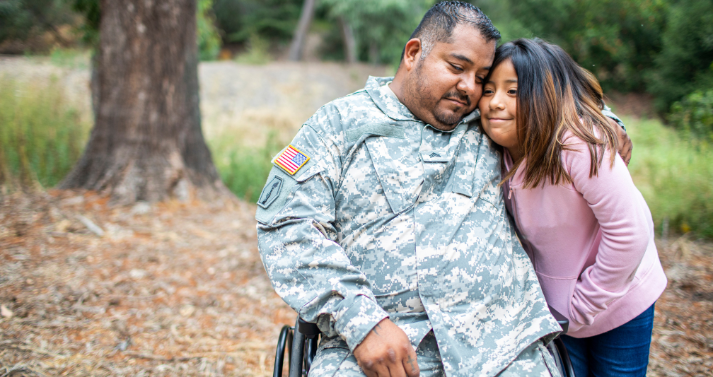Stop Arguing for Change

You heard me.
Stop arguing for change with your clients.
But wait, “Isn’t it my job to help clients change? I can’t stop championing change!”
Sometimes I think about ambivalence being a delicate flame, like when you are starting a campfire when it’s damp outside, your wood is wet, there’s a little flame and it’s delicate but you really want to grow it.
Those embers are the possibility of change. There are factors working against the flame, yet you know that flame can grow with an effective approach.
Motivational Interviewing is an effective approach for helping people change.
Let’s consider an example.
Your client is talking about something they want to change, but aren’t yet doing. They are ambivalent. Back and forth, to change or not to change. You want this change for them too, because it would be really good for them. So what is the natural thing to do?
You jump on the change bandwagon and start adding to the reasons for them to change.
You maybe even throw in some ideas you have about how they can do it! You start to get excited, we are getting somewhere!
But then…
Then your client starts on the “but’s.”
“But I don’t really have the time.” “But it’s not really that big of a problem for me right now anyway.”
They begin arguing against the change and talk themselves right out of doing it.
If you are in the role of championing change, not only is it tiring, it often doesn’t work.
Motivational Interviewing teaches us that the more people argue for change, the more likely they are to change.
The inverse is also true.
The more people argue against change, the less likely they are to change.
When someone is truly ambivalent about change, if we push them to change, they are likely to push back. The “buts” come out. And, our well-intentioned efforts to help begin to accidentally cause the client to argue against the change.
So what do you do instead?
Elicit the motivation for change from the client. Get curious with them.
“What might some benefits of making this change be for you? How might things be better, different, if you were to make this change?”
And don’t forget folks, REFLECT. We want our clients to hear themselves thinking out loud.
Motivational Interviewing Tip of the Week: Motivational Interviewing helps people change. It reminds us to step out of the role of persuading or convincing others to change and helps us fan the embers of motivation for change that lie within our clients. We can snuff out that motivation, or grow it, depending on our approach!
Related Posts

Motivational Interviewing Training Online Veterans: 4 MI Tips for Working with Veterans
Every year, we set aside time to honor our nation's veterans, our nation's heroes. What comes to mind when you think about Veterans Day? For me, this brings images of my grandfathers, each in their uniforms from WWII, of the beautiful Veterans cemetery here in...
Related Posts

Why Ask Why? Why questions and Motivational Interviewing
When I talk about the evoking process of MI, which is essentially about helping a client connect in with their WHY CHANGE, sometimes a training participant raises their hand and says, “But in graduate school, I learned not to ask why questions.” There appear to be two...

Let’s Learn Together!
Hi, I’m Hillary Bolter. At MI Center for Change, Motivational Interviewing is our passion. Motivational Interviewing will help you become more effective and efficient as you support clients’ change!

